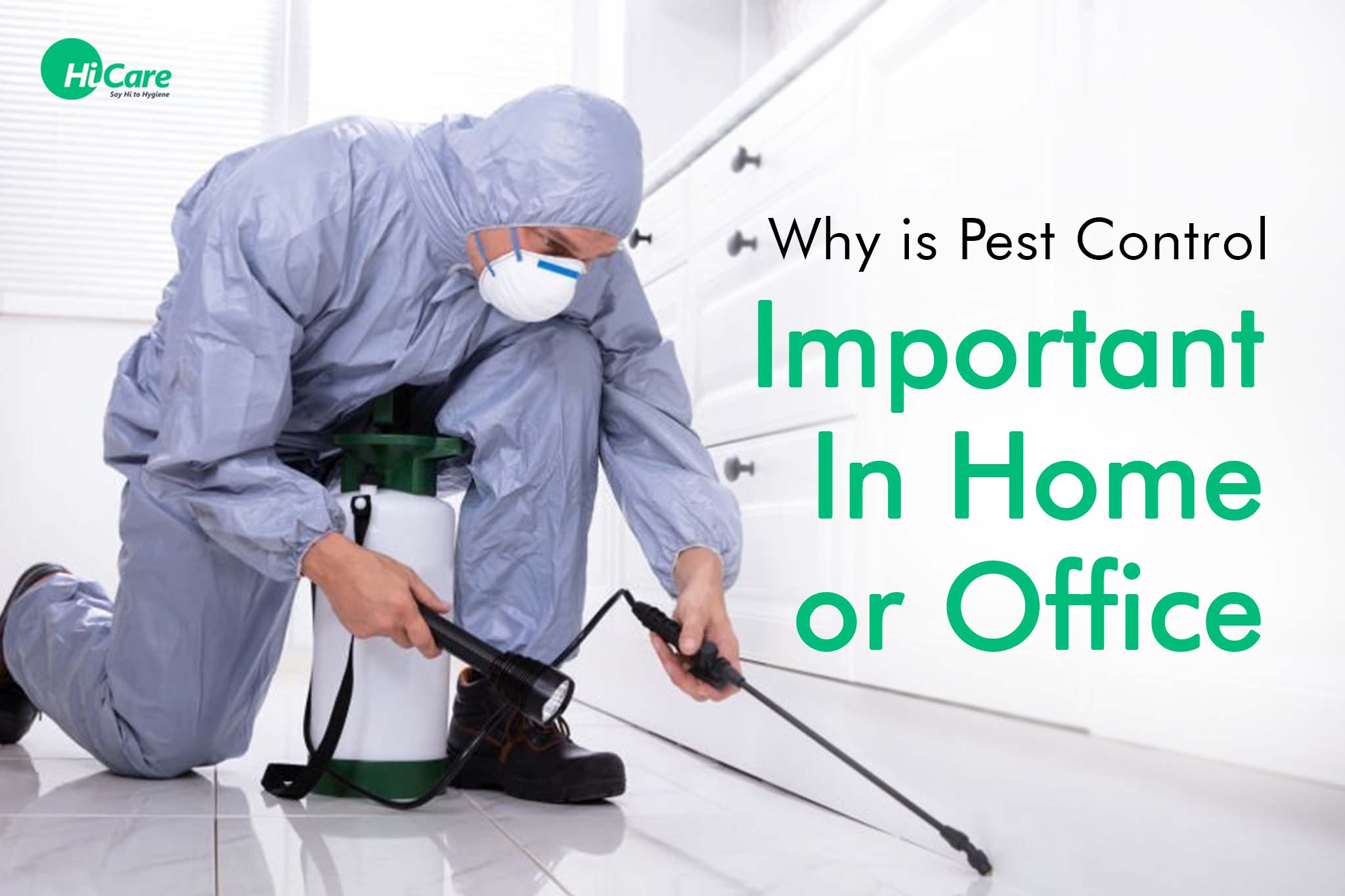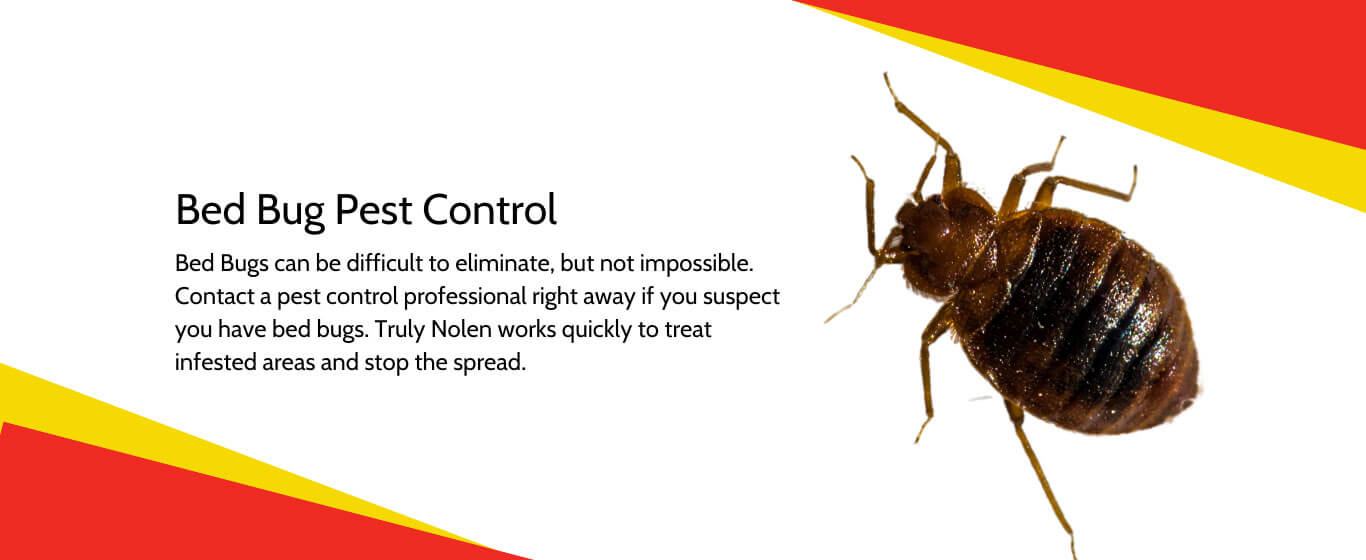Comprehensive Rodent Control Coquitlam Services for Peace of Mind
Safe and Dependable Parasite Control for Lasting Protection
Efficient insect management calls for a complex strategy that stabilizes environmental integrity with the need for reliable parasite suppression. The subtleties of these methods may not be promptly clear, prompting a better examination of the techniques that can lead to lasting insect control outcomes.
Understanding Pest Control Approaches
Bug control includes a selection of techniques focused on handling and removing unwanted bugs and rodents that can intimidate both health and wellness and home. Understanding these approaches is important for effective bug management.
The main categories of bug control methods consist of mechanical, biological, and chemical techniques. Mechanical methods include physical obstacles and traps to stop insect access and capture unwanted types. Making use of screens on windows or utilizing sticky catches can considerably minimize parasite populations without presenting harmful compounds - exterminator coquitlam.

Chemical insect control is frequently one of the most recognized technique, using chemicals to remove parasites. These chemicals can be reliable yet have to be made use of with care to stay clear of damaging results on non-target varieties and the setting.
Advantages of Eco-Friendly Solutions
Exactly how can environment-friendly options change bug control methods? The adoption of environmentally friendly pest control methods supplies countless advantages, substantially improving the effectiveness and safety of parasite monitoring (exterminator coquitlam). These services utilize all-natural components, reducing the dependence on dangerous chemicals that can pose threats to human health and the setting. This change not only secures family pets and families yet likewise minimizes the possibility for soil and water contamination.

One more advantage is the positive effect on local biodiversity. Eco-friendly remedies are developed to target certain parasites while preserving advantageous bugs and wild animals, advertising a well balanced ecological community. This approach aligns with the growing consumer demand for sustainable practices, enhancing the credibility of bug control providers.
Integrated Pest Management Strategies
The implementation of environmentally friendly services naturally leads to the adoption of Integrated Pest Management (IPM) approaches, which better boost parasite control efficiency. IPM is an alternative method that combines multiple tactics to take care of parasite populations while reducing environmental influence. This approach highlights the use of biological, social, mechanical, and chemical controls, making certain a lasting and well balanced technique of pest monitoring.
One essential element of IPM is the comprehensive analysis of bug activity and ecological problems. By keeping track of pest populaces and identifying their life process, specialists can carry out targeted interventions that interfere with the bug's habitat or lifecycle, minimizing reliance on chemical pesticides. In addition, cultural techniques such as crop turning and habitat adjustment can substantially diminish parasite establishment and recreation.
Another essential element is using biological control representatives, such as advantageous pests or bacteria, which can normally suppress bug populaces. When chemical applications helpful site are required, IPM focuses on making use of low-risk chemicals and uses them selectively, decreasing exposure to non-target organisms and human beings.
Integrating IPM approaches not only enhances bug control performance yet also advertises a much safer environment, aligning with the growing need for sustainable methods in parasite management.
Safe Practices for House Owners
Recognizing the importance of risk-free techniques in parasite control can empower house owners to properly manage pest problems while securing their wellness and the setting. Implementing preventative actions and non-toxic methods is important in lessening direct exposure to unsafe chemicals.
House agricultural pest control owners must first evaluate their environment for problems that bring in bugs, such as standing mess, water, and food waste. Regularly cleansing and securing entry factors can prevent bugs from invading the home. Making use of all-natural deterrents, such as vital oils or diatomaceous earth, can give efficient options to chemical pesticides.
When chemical therapies are needed, property owners should go with products that are specifically classified as risk-free for residential usage. It is necessary to adhere to application standards meticulously to stay clear of overexposure. In addition, utilizing targeted therapies in areas where pests are determined, rather than blanket splashing, can substantially reduce chemical usage.
Finally, keeping open communication with bug control professionals is crucial. Homeowners must make inquiries regarding the safety and security of products utilized and demand environment-friendly alternatives whenever possible. By adopting these safe methods, house owners can develop a healthier living setting while effectively handling bug concerns.

Tips for Long-Term Security
Developing a pest management technique that highlights lasting defense can greatly enhance the efficiency of the risk-free techniques formerly reviewed. To achieve this, homeowners should execute routine assessments of their building, concentrating on hidden areas such as attics, basements, and crawl rooms. Early discovery of parasite task is critical in stopping invasions from taking hold.
Furthermore, preserving a clean atmosphere is important. This includes proper food storage space, without delay cleaning up spills, and routinely getting rid of trash. These practices reduce attractants that attract parasites right into the home. Securing entrance points, such as splits around home windows and doors, can effectively obstruct prospective pest accessibility.
Landscaping needs to likewise be considered; maintaining plants trimmed and preserving a distance in between vegetation and the home decreases hiding places for insects. Making use of natural deterrents, such as crucial oils or diatomaceous earth, can better prevent infestations without turning to harsh chemicals.
Finally, collaborating with an expert parasite control service for routine assessments can give an extra layer of protection. These experts can offer customized suggestions and progressed therapies, making sure that your home stays shielded versus pests in the long-term.
Conclusion
Finally, trusted and safe insect control needs a complex approach that highlights green methods and integrated insect administration. By applying all-natural deterrents, conducting regular evaluations, and preserving appropriate hygiene, homeowner can significantly reduce insect populations while safeguarding helpful pests and the setting. Cooperation with specialist parasite control solutions boosts the performance of these approaches, making certain customized remedies that give long-term defense and tranquility of mind versus future invasions.
Efficient insect management requires a multifaceted strategy that stabilizes environmental stability with the requirement for effective pest control technician pest reductions. The fostering of environmentally friendly insect control methods supplies countless advantages, considerably enhancing the performance and safety and security of bug management.The implementation of eco-friendly remedies naturally leads to the adoption of Integrated Parasite Administration (IPM) techniques, which further boost bug control efficacy. exterminator coquitlam. By checking pest populaces and identifying their life cycles, practitioners can apply targeted interventions that interfere with the bug's habitat or lifecycle, lowering reliance on chemical pesticides.In verdict, risk-free and trustworthy bug control requires a diverse approach that highlights eco-friendly approaches and integrated bug management